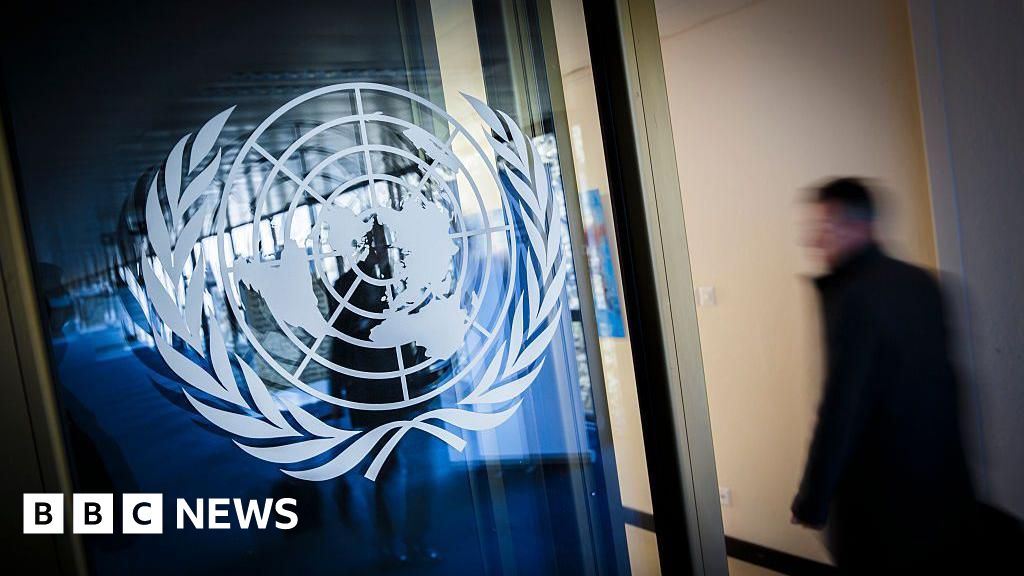G7 meets in Italy: What’s on the table? | News
EXPLAINER
From frozen Russian assets to growing West-China tensions, leading advanced economies have thorny issues to tackle.
Bari, Italy – Leaders of advanced economies are gearing up for the annual Group of Seven (G7) meeting in Italy in a year marked by wars – in Europe and the Middle East – and growing competition between the West and China.
The heads of state of what is often branded as a “like-minded”, exclusive and Western-oriented club are going to discuss thorny global challenges in the picturesque region of Apulia, which sits on the Adriatic Sea.
This will be the 50th G7 Summit — a three-day event from June 13 to 15 at Borgo Egnazia, a luxury resort.
Who’s coming?
The G7 countries are the United States, Canada, Germany, France, Italy, Canada and Britain – so the leaders of each country will be there. They will also be joined by the chiefs of the European Council and the European Commission.
The G7 host also has the discretion to invite guests from other countries for extended sessions. It’s a practice that the grouping has increasingly turned to, as it has tried to present itself as a voice of more than just the wealthy West. But while the number of guests is usually small, Italy has invited a record number of leaders — from Pope Francis and Jordan’s King Abdullah II to the leaders of Ukraine, India, Brazil, Argentina, Turkey, the United Arab Emirates, Kenya, Algeria, Tunisia and Mauritania.
In addition, the secretary-general of the United Nations and heads of the World Bank, the International Monetary Fund, the African Development Bank, and the Organisation for Economic Co-operation and Development (OECD) will be present.
What’s on the agenda?
- On June 13, discussions will kick off at 11am (09:00 GMT) with a session on Africa, climate change and development.
- This will be followed by a session on the Middle East, where Israel’s war on Gaza is expected to dominate discussions.
- A lunch break follows — visiting leaders might want to try Apulia’s famous le orecchiette pasta while they’re in the region. Right after lunch, Ukrainian President Volodymyr Zelenskyy is expected to arrive for two sessions on Ukraine.
- On June 14, key topics of discussion will include migration, Asia Pacific and economic security. Sessions on artificial intelligence, energy and the Mediterranean are also on the agenda. At 6:45pm (16:45 GMT) there will be the closing session with the adoption of the G7 Summit Communique.
- On June 15, the host, Italy, will hold a news conference.
What should you keep your eyes on?
- An Italian source told Al Jazeera that G7 and EU countries are hoping to announce an agreement over a $50bn loan for Ukraine which would be guaranteed by profits accrued on Russian assets frozen in the West soon after Moscow invaded its neighbour in 2022. Such an agreement, the source said, would send a strong message of unity to Kyiv.
- There are no expectations of any strong reprimand for Israel’s brutal bombardment of Gaza. The G7 is expected to back US President Joe Biden’s three-phase ceasefire proposal, which the UN Security Council endorsed on Sunday, and on the demand for the return of all captives currently held in Gaza.
- Italy’s Giorgia Meloni, stronger than ever after major gains in the European Parliament election over the weekend, is expected to expand her foreign policy’s crown jewel, the so-called Mattei Plan by trying to secure buy-in from the broader G7. The project aims to position Italy as a major energy hub between Europe and the African continent. Its big promise is to help boost growth in Africa and in turn curb immigration to Europe. “Italy’s priority is Africa and to show that G7 is advancing its outreach towards the continent although there won’t be many new initiatives due to scarce resources,” Ettore Greco, vice president of the Rome-based think tank Istituto Affari Internazionali (IAI), said.
- China will also be discussed. A government source told Al Jazeera that the US is strongly pushing Western allies to include in the final statement the group’s concern over China’s industrial overcapacity – when firms produce more than the demand, driving down prices.

Is the G7 more than a talk shop?
Yet, for all the weighty subjects on the agenda, the G7 Summit is not a place where agreements are sealed or treaties adopted. It’s rather an informal platform where a handful of major advanced economies discuss issues, traditionally related to global governance and finance, to then produce a final joint statement. That document indicates the direction the group’s members intend to follow while crafting future policies, while offering the rest of the world a window into their priorities.
As the world’s economic power centres have moved from the West towards Asia and emerging economies more broadly, the group’s significance has shrunk. Back in the 1970s, its members’ economies represented about 70 percent of the world’s gross domestic product (GDP). But as the 2008 global financial crisis hit and alternative groupings emerged – from the G20 to a recently expanded BRICS – the G7’s relevance shifted from being the most powerful economic club to a group of like-minded industrialised countries.
This is the first G7 Summit since the expansion of the BRICS — a group whose leading members include China and Russia — last year served as a pointer to the mounting disillusionment in the so-called Global South over the West’s policies.
“A diplomatic win for the Italian government is to have a G7 that clearly communicates that the club is united and unbreakable in the face of geopolitical threats from Russia and China,” said Tristen Naylor, a fellow in international relations at the London School of Economics.
“And to demonstrate that this is more than just paying lip service to the idea of broader engagement,” he added.
Check out our Latest News and Follow us at Facebook
Original Source






